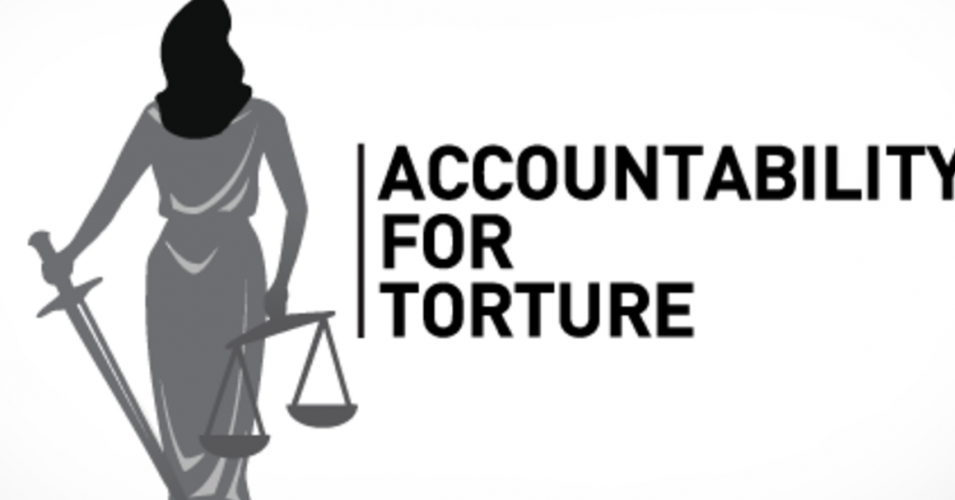Kathmandu, March 13
The United States Depart of State’s Bureau of Democracy, Human Rights and Labor in its Nepal 2019 Human Rights Report, which appeared on March 11, broadly cited Terai Human Rights Defenders Alliance.
As per the report, which quoted human rights activists and legal experts, police resorted to severe abuse, primarily beatings, to force confessions although the constitution prohibits torture, and the criminal code criminalizes torture and enumerates punishment for torture. The Torture Compensation Act provides for compensation for victims of torture.
The THRDA and Advocacy Forum were quoted as stating that torture victims often were hesitant to file complaints due to police or other official intimidation and fear of retribution. In some cases, victims settled out of court under pressure from the perpetrators.
The report cited THRDA’s cases where courts awarded compensation or ordered disciplinary action against police, but the decisions were rarely implemented.
THRDA reported in 2017 that 34 percent of the detainees they interviewed were held in police detention centers in the country’s southern Terai belt and had been subjected to some form of physical or mental abuse as quoted by the report.
On the other hand, the report also citized THRDA stating that overcrowding also remained a serious problem in detention centers, as most prisons lacked separate facilities for women, children, and persons with disabilities.
THRDA stated police frequently circumvented the 24-hour requirement by registering the detainee’s name only when they were ready to produce the detainee before the court, as per the report.
To read the whole report please visit: 2019 Country Reports on Human Rights Practices: Nepal



